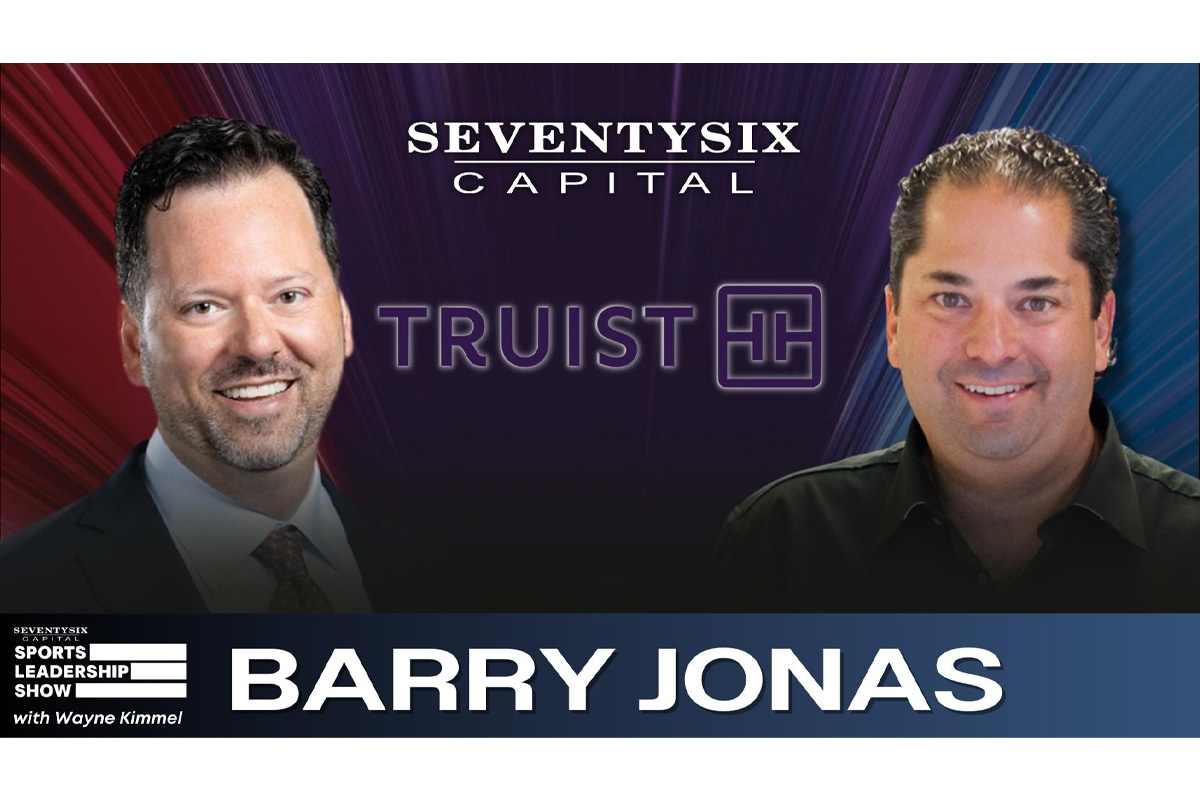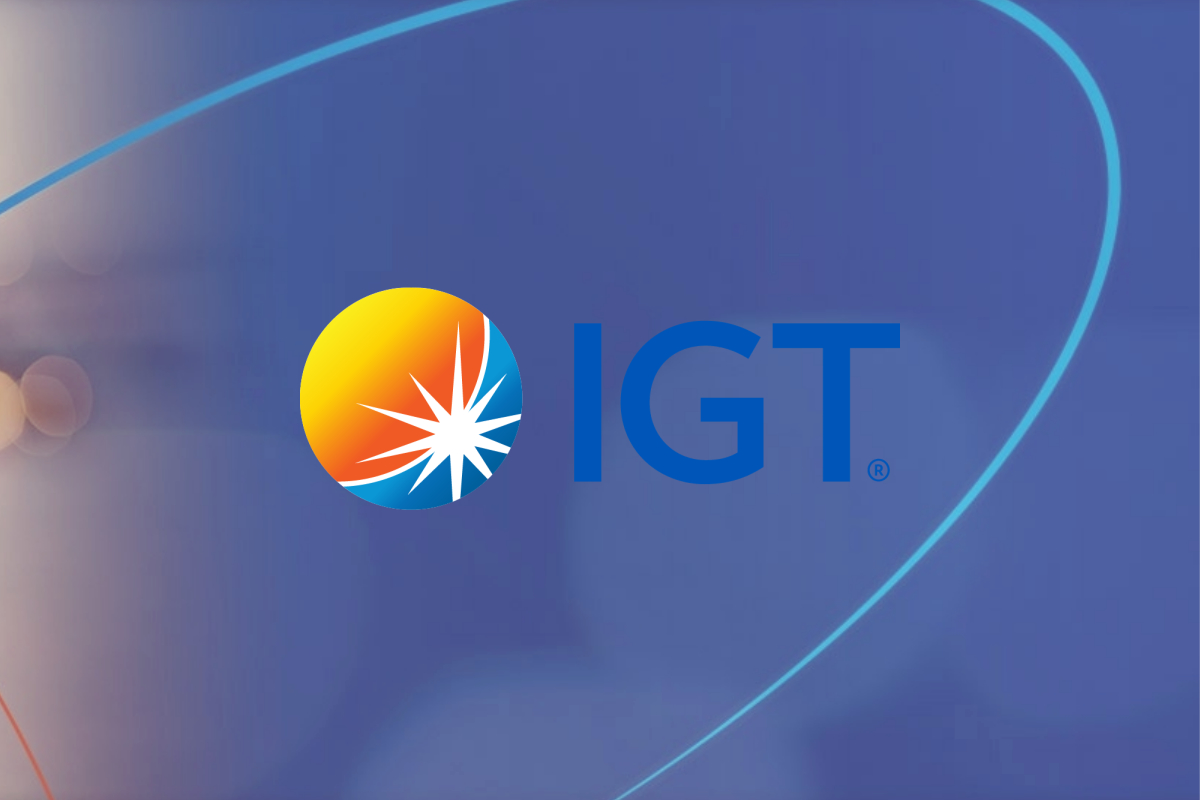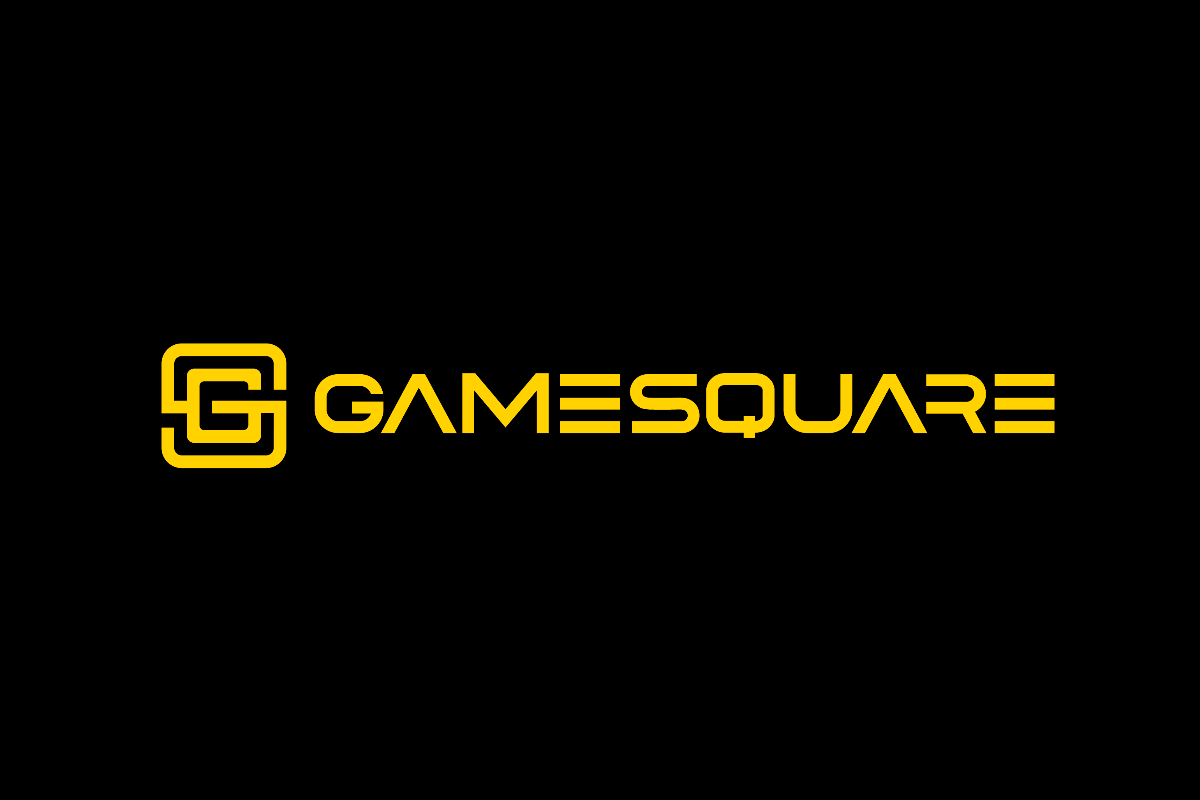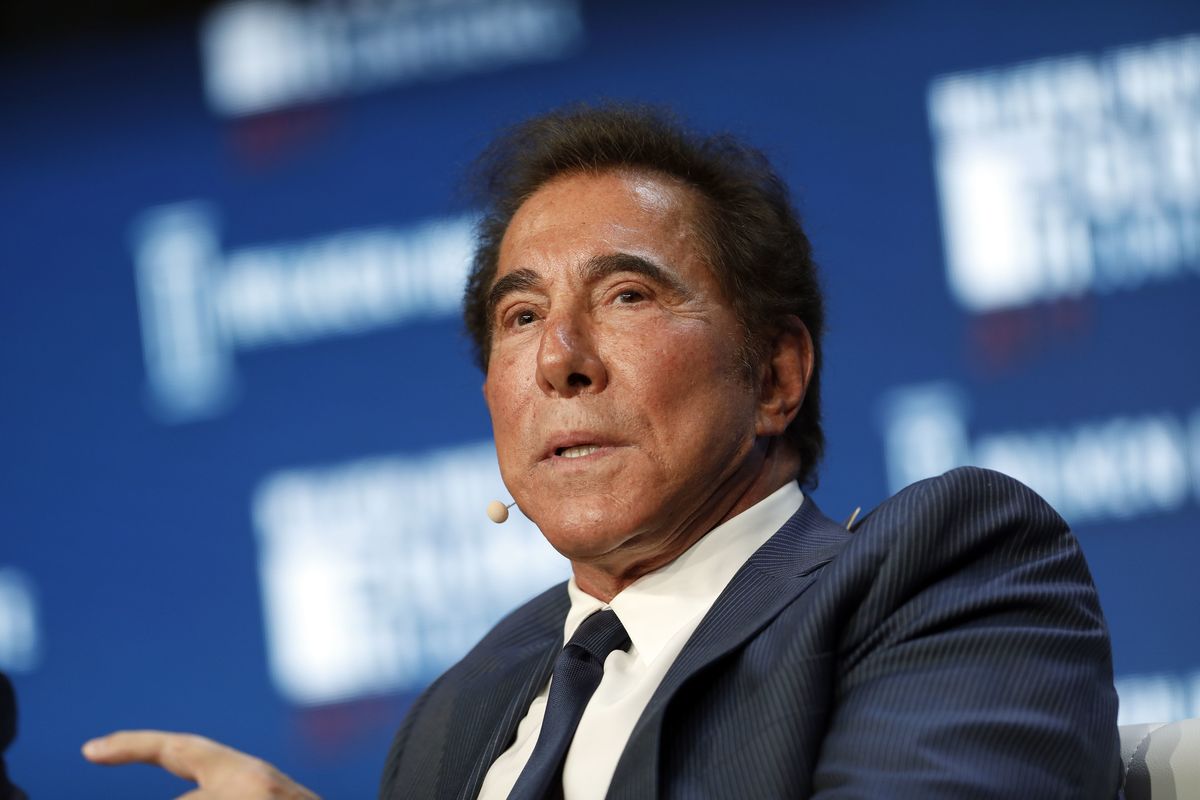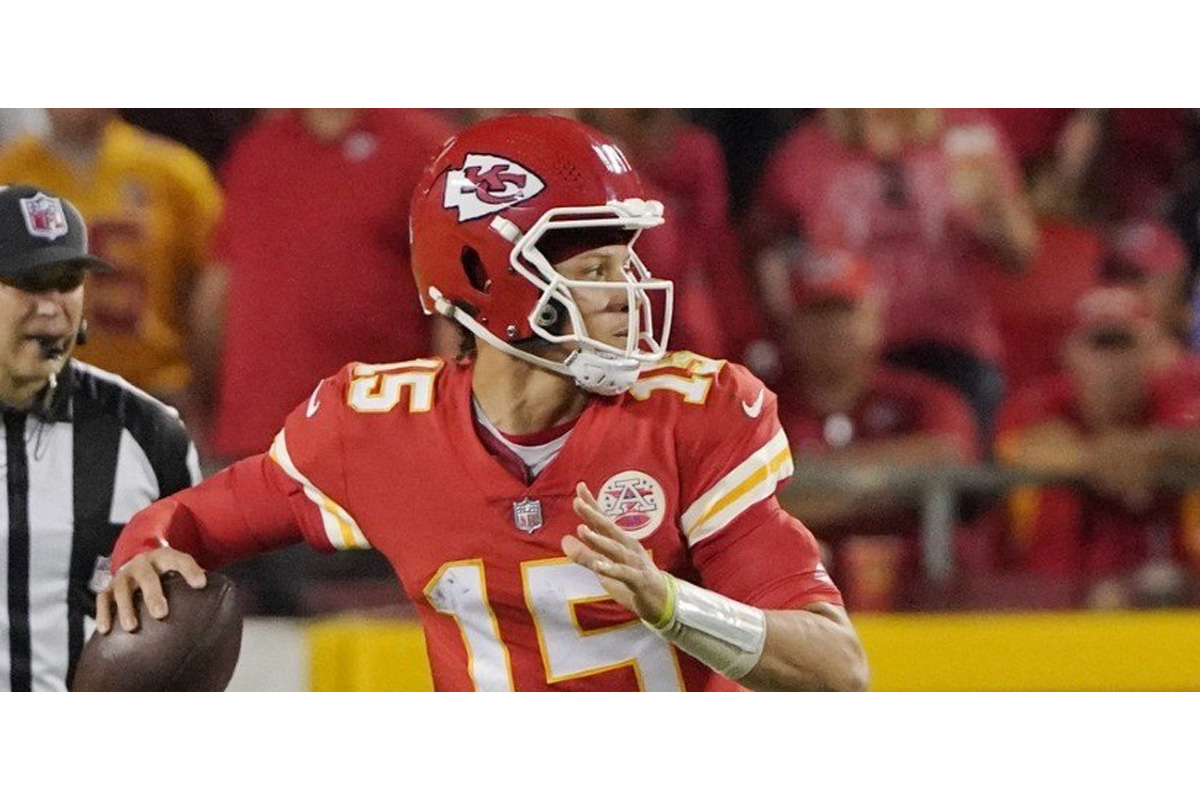
Kansas Sports Betting Handle Clears $160 Million in Opening Month
The opening month of sports betting in Kansas saw more than $160 million in handle, with $1.269 million in revenue.
All told, the Sunflower State reported $160,527,361 in cumulative wagers, or handle, during September, split among the six Kansas sportsbooks operating.
Kansas’ full first month revenue report was released during Wednesday’s monthly Kansas Lottery meeting.
“We have put together consensus revenue estimate numbers for the legislature to sort of expand and work on budgets for the upcoming year,” Lottery Executive Director Stephen Durrell said. “… And I think there was a lot of pent-up demand for sports wagering within the state and people wanted a legal and safe way to place wagers on their favorite teams, and it’s been really interesting to watch.”
September Handle by Operator
What to Know About September’s Report
DraftKings Kansas was the opening month handle leader with $74,184,545 in online bets placed.
Trailing the Boston-based operator were FanDuel Kansas ($35,044,784), BetMGM Kansas ($27,963,901), Barstool Sportsbook Kansas ($10,731,055), Caesars Sportsbook Kansas ($6,014,084) and PointsBet Kansas ($1,267,197).
The leader in retail wagers during September was Barstool Sportsbook via its Hollywood Casino at Kansas Speedway location.
In total, the enterprise of PENN Entertainment netted $4,373,751 in retail wagers during September. FanDuel Sportsbook at Kansas Star Casino was the only other retail location operating during the month, and it accounted for $945,132 in handle.
Because of free bets and promotions, DraftKings, FanDuel, Barstool and BetMGM Kansas had no online revenue in September, and therefore paid no state taxes. The state took in $129,617 in taxes, with more than $90,000 coming from the two retail sportsbooks in operation.
Where Kansas Sports Betting Stacked Up in September
As far as opening month handles are concerned Kansas sports betting apps ranked behind New York ($1.365 billion), Arizona ($291.212 million) and Nevada ($286.548 million), but ahead of Tennessee ($131.444 million), Virginia ($58.896 million), Connecticut ($54.641 million), Indiana ($35.215 million) and Colorado ($25.621 million).
During his comments Wednesday, Durrell said regulators from the lottery and Kansas Racing and Gaming Commission are working to get marketing entities in the state, such as the bars, restaurants and other facilities covered in SB 84, licensed.
He also said regulators are working with the MLS’ Sporting KC to get them approved to launch sports betting operations, but declined to give a firm timeline when that could happen.
“Unfortunately, the way the bill was drafted there is a bit of ambiguity in certain parts on how the marketing activities could work,” he said. “And so, we’re trying very hard, along with our friends at the KRGC, to figure that out. But there are problems in the bill that maybe are not designed to give individual marketing entities what they originally thought that they were going to get under the bill. And so, we’re trying to work that out.”







